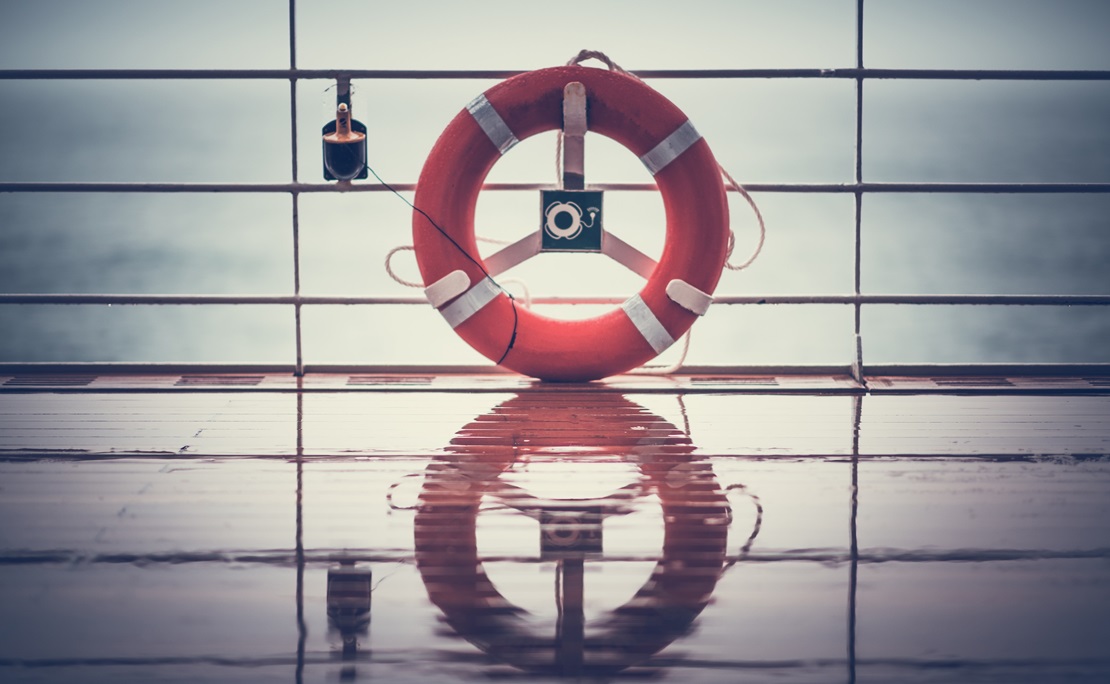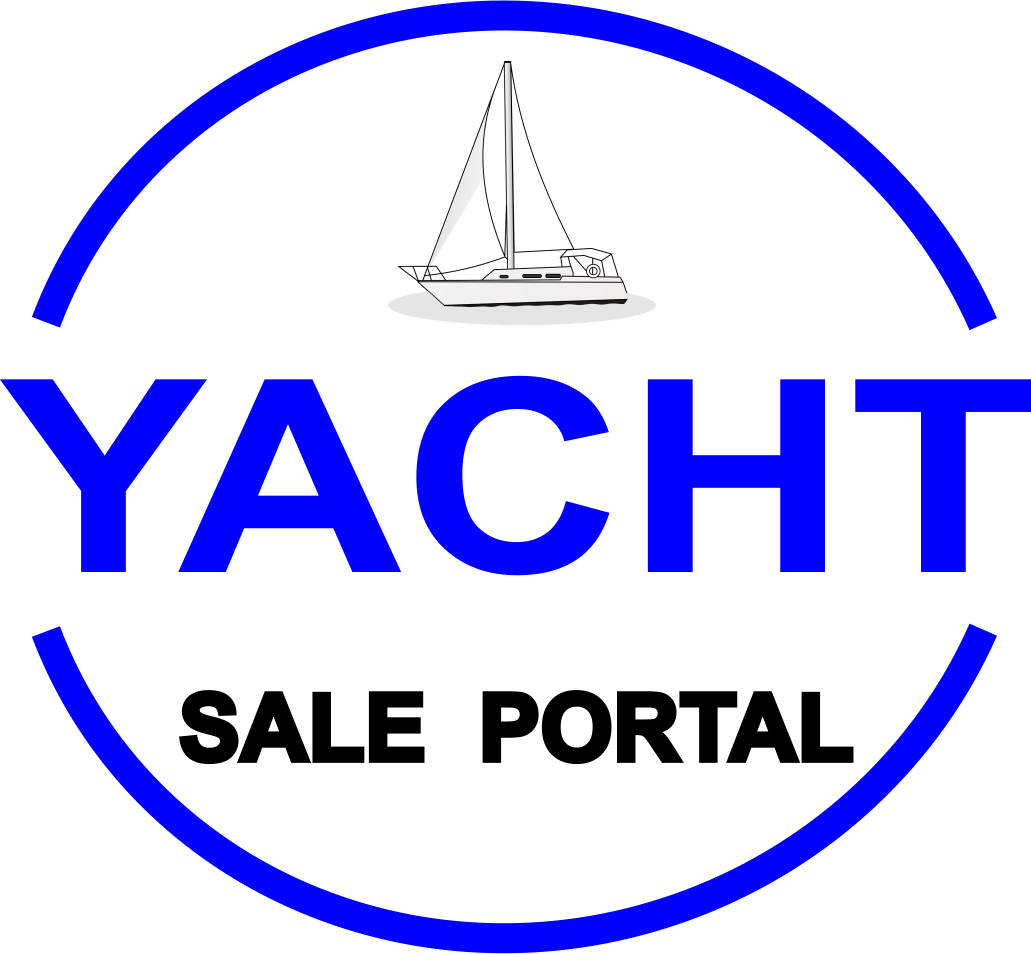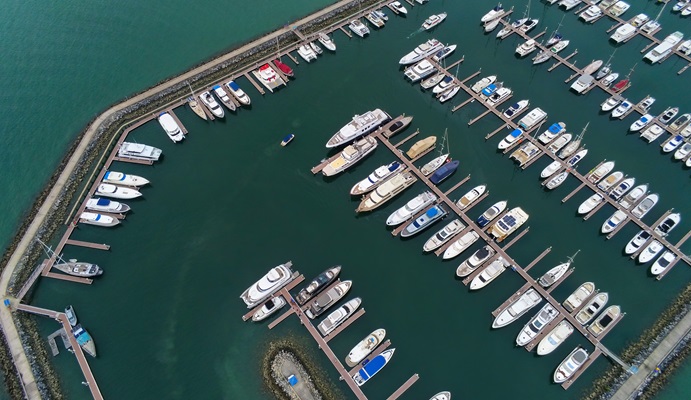
Safety on Open Waters: What Every Sailor Should Know
Sailing on open waters is a thrilling adventure, but it’s essential to prioritize safety above all else. Whether you’re an experienced sailor or a novice, understanding the key safety measures and precautions is crucial. In this article, we will explore what every sailor should know about safety at sea, using our sales portal known as Yacht Sale Portal as a valuable resource.
Safety Equipment
The first step in ensuring safety on open waters is having the right safety equipment on board. This includes life jackets, flares, fire extinguishers, first-aid kits, and communication devices. Before setting sail, make sure all safety equipment is in good condition and easily accessible.
Weather Forecast
Checking the weather forecast is a fundamental aspect of safety at sea. Pay close attention to weather reports and be prepared for sudden changes in conditions. It’s advisable to have a VHF radio or a satellite phone for accessing weather updates while at sea.
Navigation Skills
Navigational skills are a must for every sailor. Knowing how to use nautical charts, GPS systems, and other navigation tools is essential for staying on course and avoiding potential dangers. Proper navigation also ensures you can reach your destination safely.
Man Overboard Procedures
Every crew member should be familiar with man overboard procedures. In the event someone falls overboard, knowing how to execute a quick and effective rescue is vital. Practice these procedures regularly to ensure a rapid response in case of an emergency.
Safety Briefings
Before embarking on a voyage, conduct safety briefings with your crew. Ensure everyone knows the location of safety equipment, emergency exits, and the protocol for different emergencies. Assign specific roles and responsibilities to each crew member in case of an incident.
Safety Courses
Taking safety courses is highly recommended, especially for those new to sailing. Organizations like the U.S. Coast Guard and the Royal Yachting Association offer courses in boating safety, navigation, and emergency procedures. These courses can provide valuable knowledge and certifications.
Emergency Contacts
Always have a list of emergency contacts readily available. This should include the local coast guard, the nearest harbor master, and any emergency services in the area where you’ll be sailing. Additionally, a satellite distress beacon can be a lifesaving device.
Regular Maintenance
Proper maintenance of your yacht is essential for safety. Regularly inspect and maintain your vessel to ensure it’s in good working condition. This includes checking the engine, rigging, and hull for any signs of wear or damage.
Conclusion
Safety at sea should be the top priority for every sailor. Being prepared with the right equipment, knowledge, and skills can make all the difference in an emergency situation. Yacht Sale Portal not only offers a platform for finding your ideal yacht but also serves as a resource to connect with experts and access safety information to ensure your sailing adventures are enjoyable and secure.












Comments
4